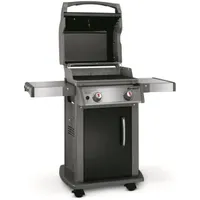Gas vs. charcoal grill — which one should you choose?
The two major types of grill offer a range of pros and cons, but which is right for you? We asked BBQ experts
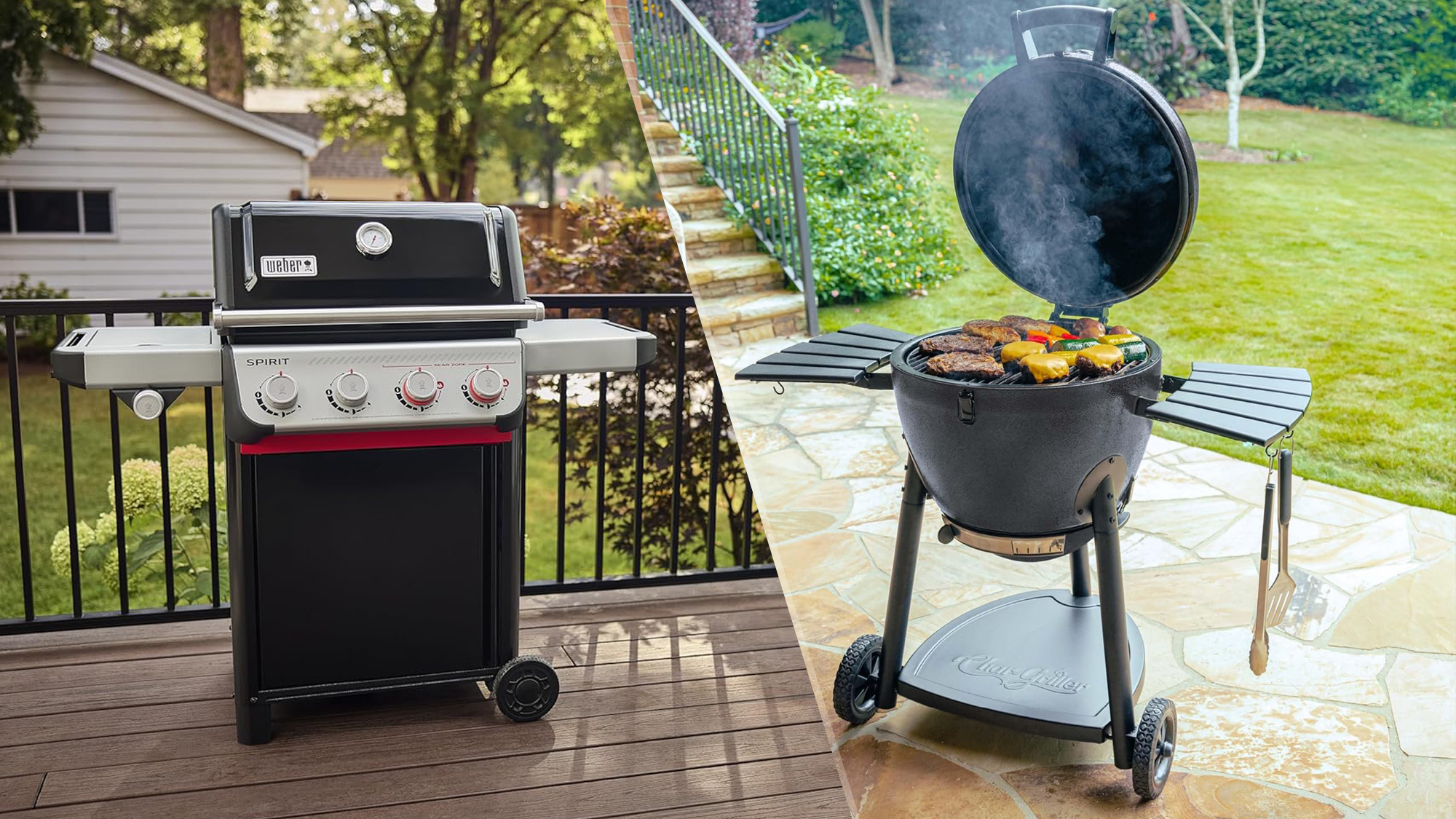
Nothing screams “summer” quite like a freshly grilled burger or hot dog. But if you’re looking to buy a grill, you might be stuck on the decision between a gas vs. charcoal grill.
It's Get Grillin' Week here at Tom's Guide, meaning we're here to help you prepare for a summer of al fresco entertaning. And for some, that means choosing the best grill for your yard, whether that's a gas or charcal model.
We consulted three grilling experts for their thoughts on gas vs. charcoal grills. Below, learn what they told us about food flavor, cooking experience, ease of use, and cost.
What are gas grills, and how do they work?
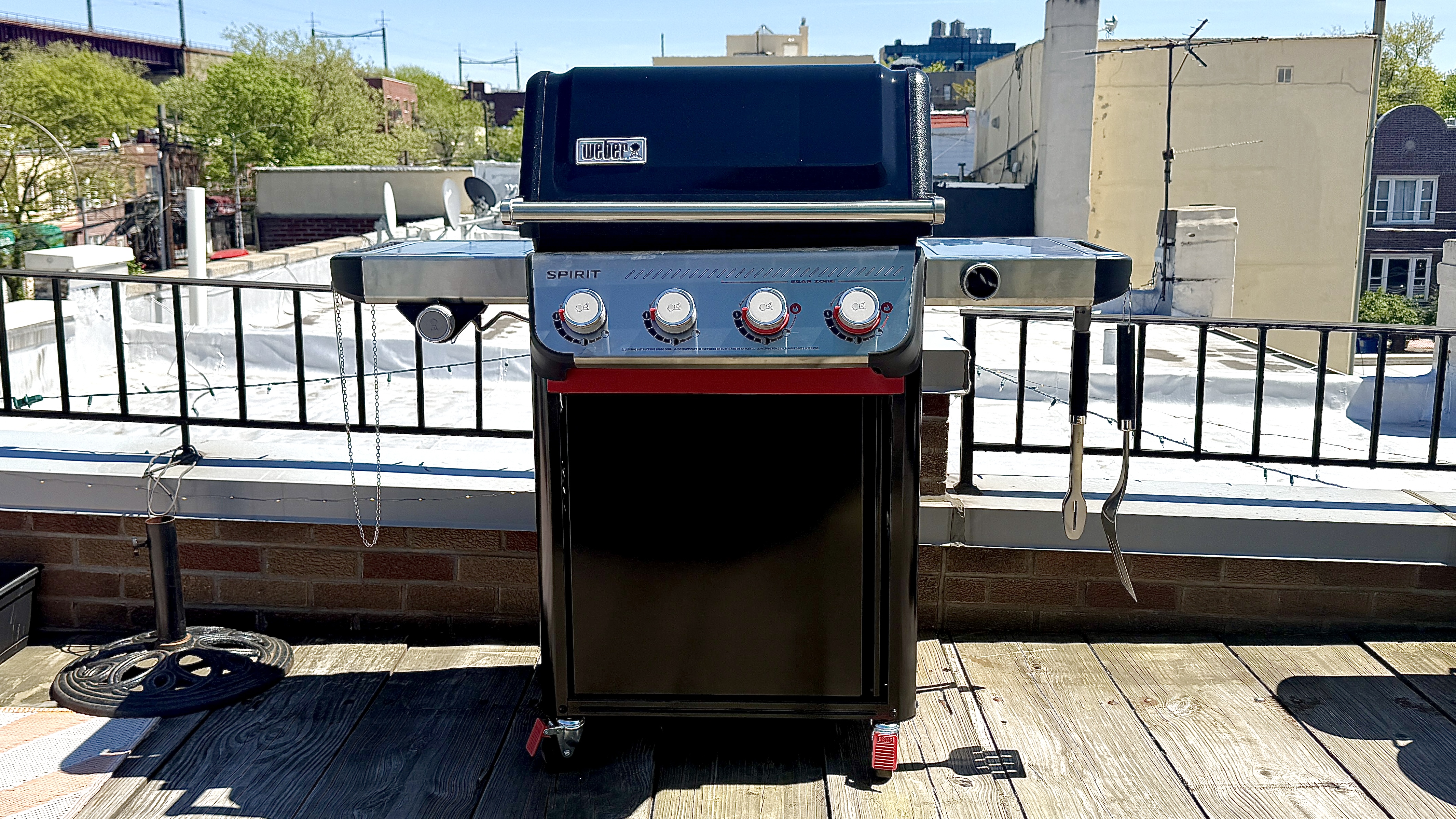
Gas grills are fueled by a propane tank, which attaches to the grill and allows it to fire up. Once the tank is connected, you can simply push an ignition button, select your temperature, and start cooking immediately.
This makes them ideal for quick weeknight meals or for busy families who need to get a meal on the table before soccer practice. However, gas grills don’t impart the same flavor to foods that charcoal does, which could be a deal-breaker for some.
Some of the best gas grill brands include Weber, Traeger, Charbroil, Monument, Blackstone, and Nexgrill.
What are charcoal grills, and how do they work?
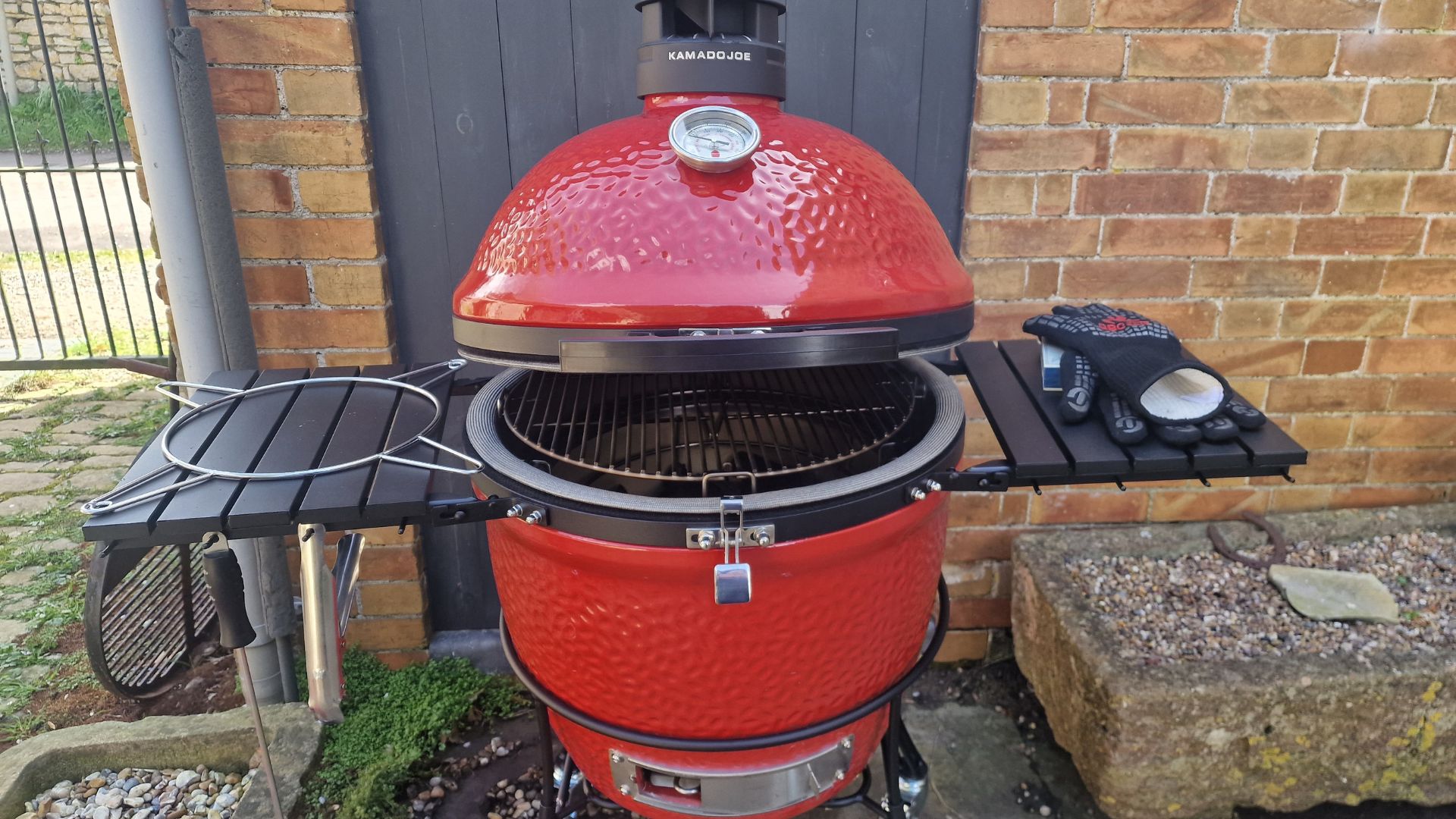
Charcoal grills are the more traditional option. Rather than gas, these grills use charcoal briquettes or lumps to create even heat that you can cook over.
Get instant access to breaking news, the hottest reviews, great deals and helpful tips.
Charcoal grills take longer to heat up and cool down than gas grills and require additional clean-up. However, they give food a rich, smoky flavor that most people associate with barbeques; gas grills simply can’t match this flavor.
Some of the best charcoal grill brands include Char-Griller, Weber, Oklahoma Joe’s, Masterbuilt, and Royal Gourmet.
| Row 0 - Cell 0 | Gas Grills | Charcoal Grills |
Flavor | No flavor enhancement | Adds a smoky flavor |
Cooking Experience | Fast and easy | Slow and more complex |
Ease of Use | Simple for beginners | Takes time to master |
Cost | Higher initial cost, lower ongoing cost | Lower initial cost, higher ongoing cost |
Flavor and cooking experience
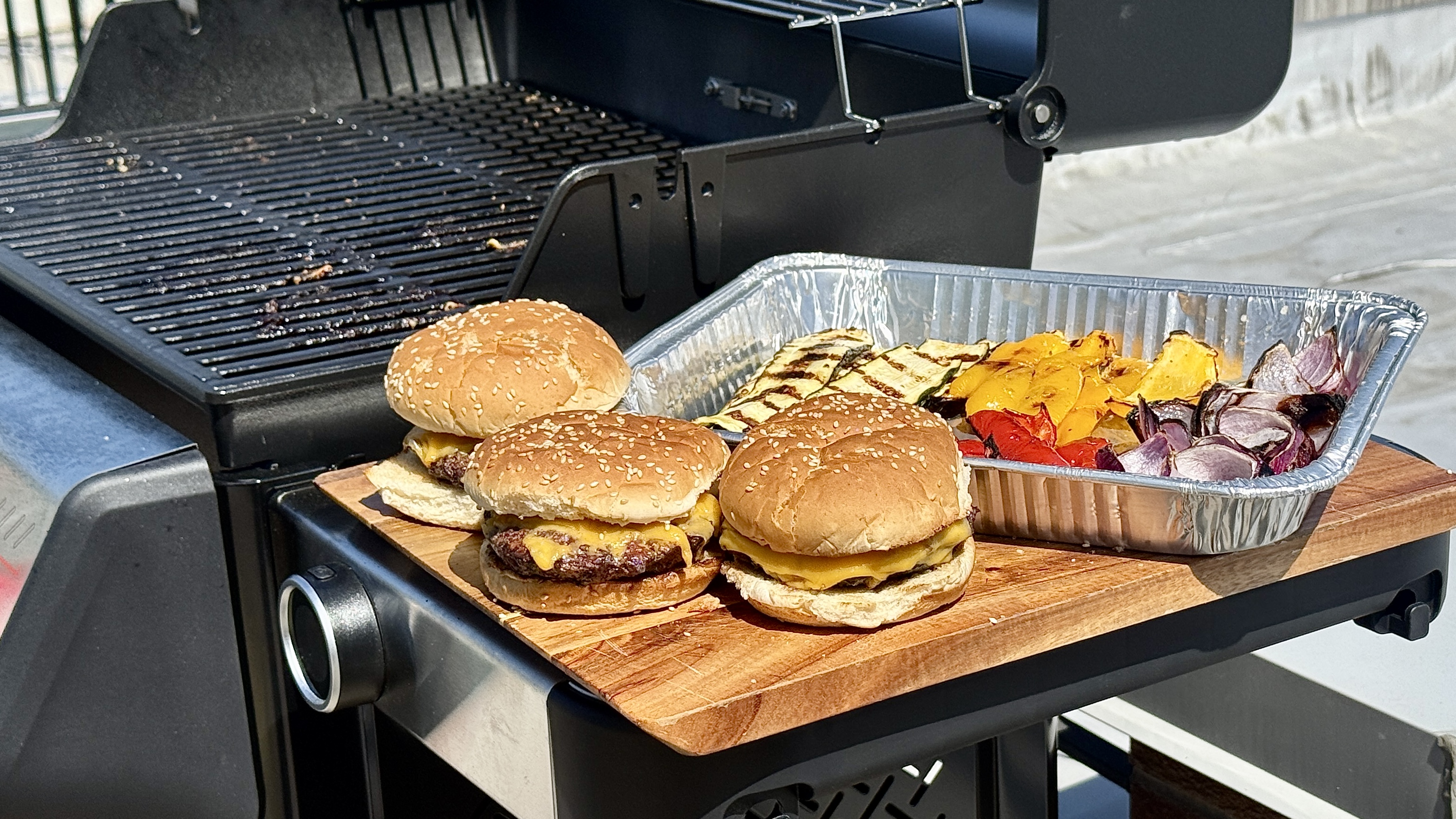
The most significant difference between gas and charcoal grills is the food's flavor profile. Charcoal grills give food a classic, smoky flavor, while gas grills do not. For many, that alone might be the deciding factor that pushes them toward a charcoal grill over a gas one.
“Charcoal can impart a wood-fired classic BBQ flavor that adds a layer of enhancement to many foods,” explains Danielle “Diva Q” Bennett, world champion pitmaster and Traeger ambassador. “There is no flavor enhancement from propane. It is clean-burning with no added wood-fired flavor.” Charcoal grills can also offer a better and more authentic cooking experience
However, gas grills are a more convenient option for weeknight cooking. “Heat management is very easy,” says Shannon Snell, head pitmaster at Sonny’s BBQ. “Turn the gas on, fire it up, and it’s good to go.”
Daniel P. Craig, founder and editor in chief at Kitchen Deets, agrees. “My gas grill offers convenience I appreciate on busy weeknights—instant heat and precise temperature control,” he says. “It provides more even cooking but lacks that distinctive smoky flavor I crave.”
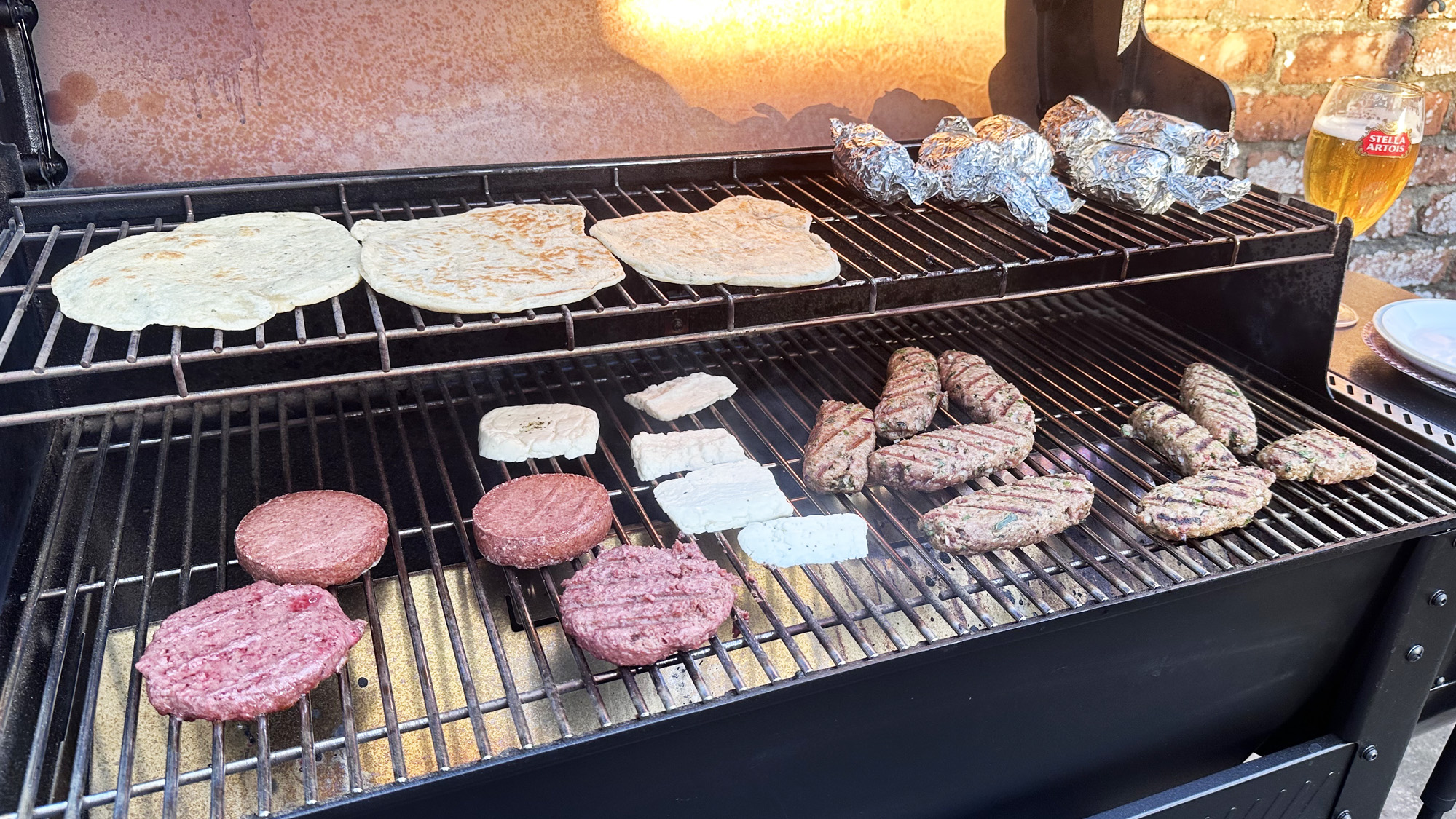
A charcoal grill is the best option for cooking over low, indirect heat. Therefore, if you’re preparing an entire pork shoulder or rack of ribs, you can place them on the charcoal grill opposite the hot coals and let them slowly smoke. However, they can take 15 to 20 minutes to heat, which makes them less practical when you’re trying to get dinner on the table in a hurry.
Gas grills have better temperature control, so you can cook a variety of foods on them. At high heat, you can sear meat or grill burgers to perfection, though you can also cook more delicate foods on a lower heat. “On a gas grill, typically, quick-grilled items are more suitable (thin meats, seafood, and slices of vegetables),” says Bennett.
Winner: Although gas grills are more convenient, nothing beats the smoky taste of food cooked on a charcoal grill.
Winner: Both types of smokers produce a rich flavor, but offset smokers create a more traditional smokiness preferred by professional pitmasters.
Ease of use
Anyone can learn to grill, but the type of grill you choose will determine how easily you can master your cooking techniques. “Gas grills are the easiest to use and maintain,” says Snell. “Most gas grills have easy start-up instructions, and they require very minimal cleaning.” Simply push a button to ignite the grill and start cooking—no need to wait for the grill to preheat.
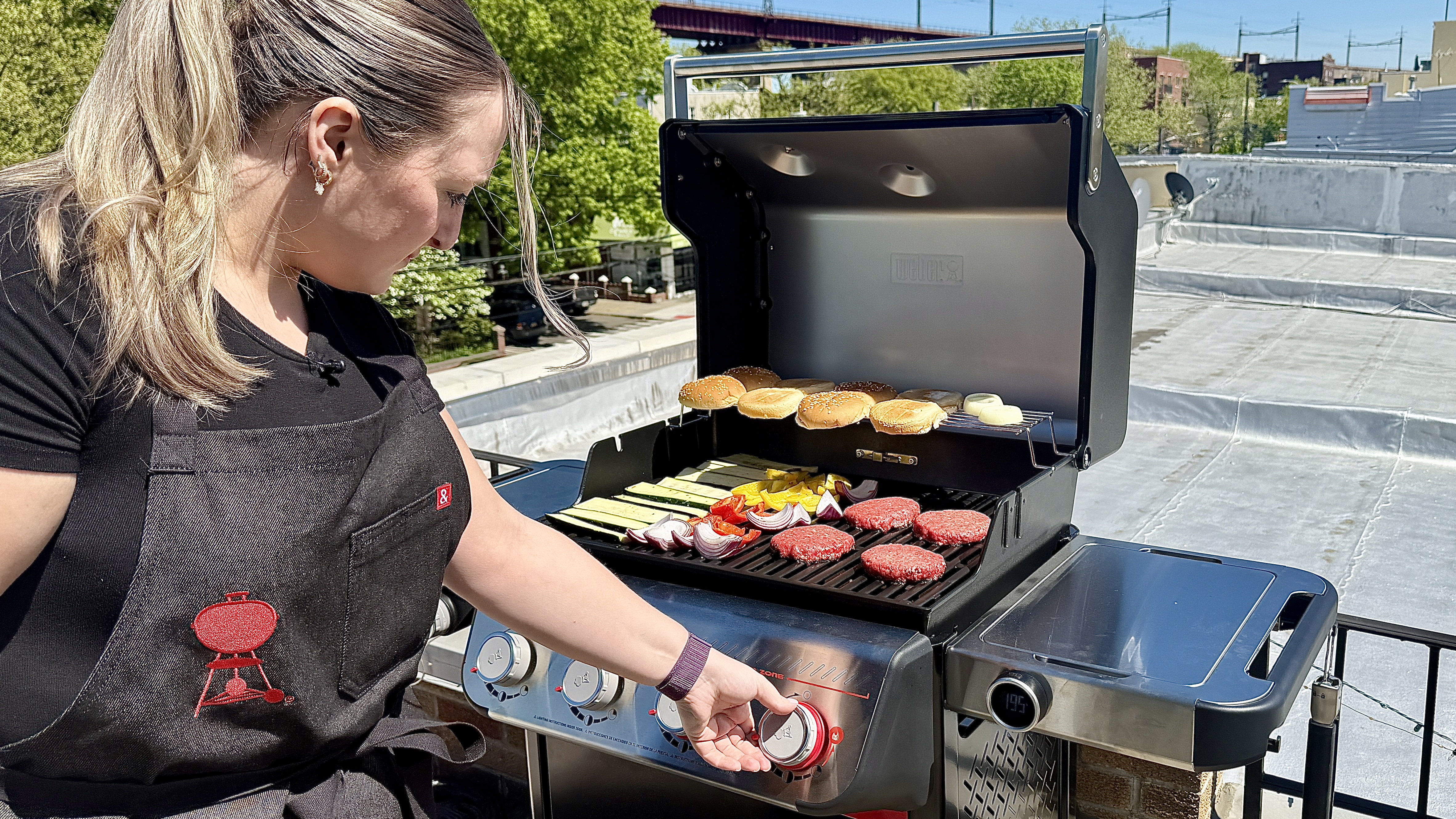
Craig agrees about the simplicity of gas. “I can cook within minutes and cleanup is simpler—no ash removal required as with my charcoal grill,” he says.
The only potential downside is your propane tank running out of fuel partway through dinner preparation. Some gas grills have fuel sensors or gauges that will let you know when your tank is low so you can have a replacement ready to go and continue cooking.
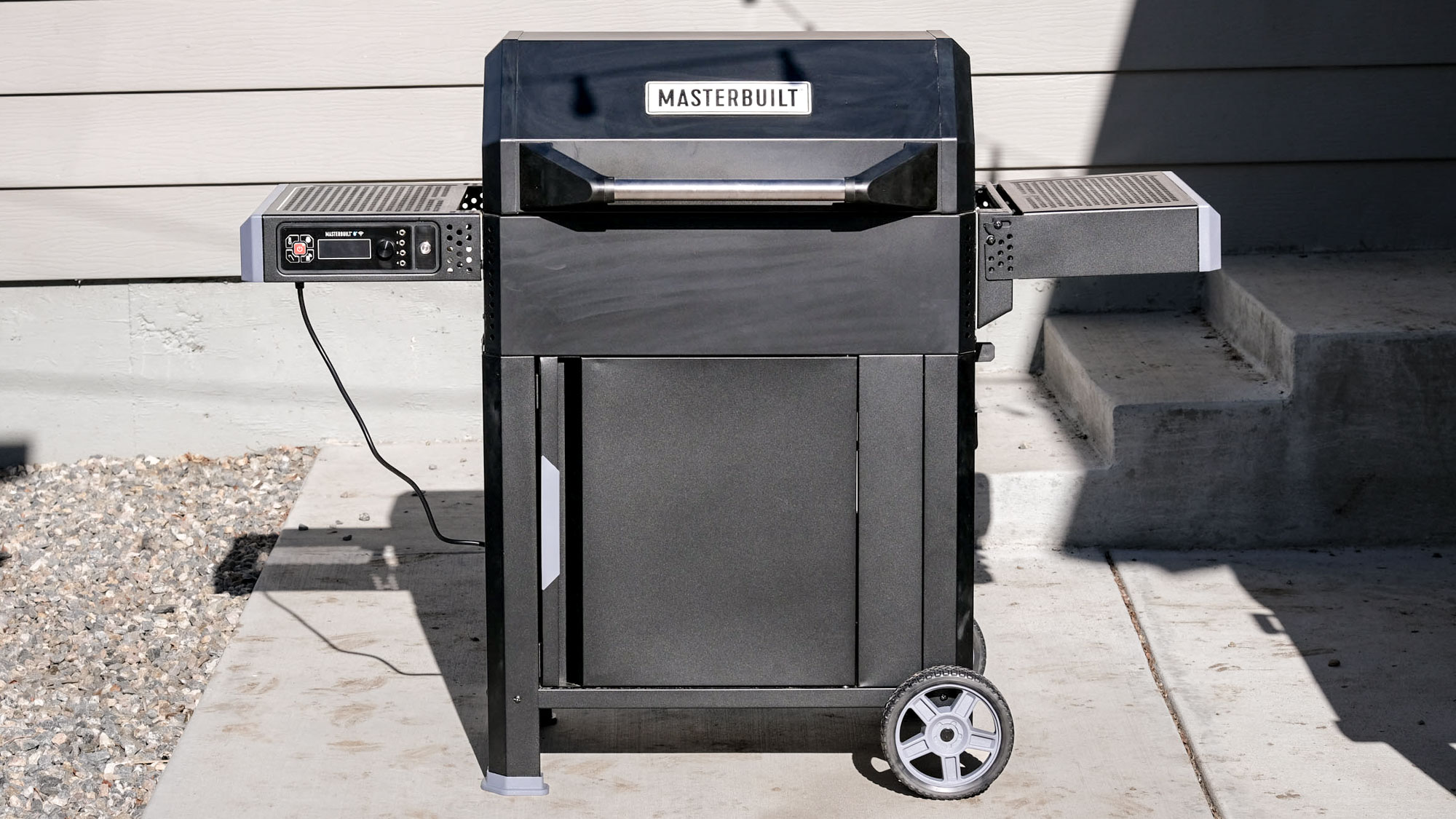
Charcoal grills are harder to use. Before you can grill your food, you’ll need to set up the grill and preheat it to the proper temperature. When you’re finished cooking, you’ll need to let the coals cool down before cleaning up, which can take some time.
Cleaning a charcoal grill involves emptying the ash collector after each use, which can be messy, whereas cleaning a gas grill is as simple as scraping leftover food off the grates using a grill brush.
Winner: Gas grills are easier to use and clean than charcoal grills.
Price and ongoing cost
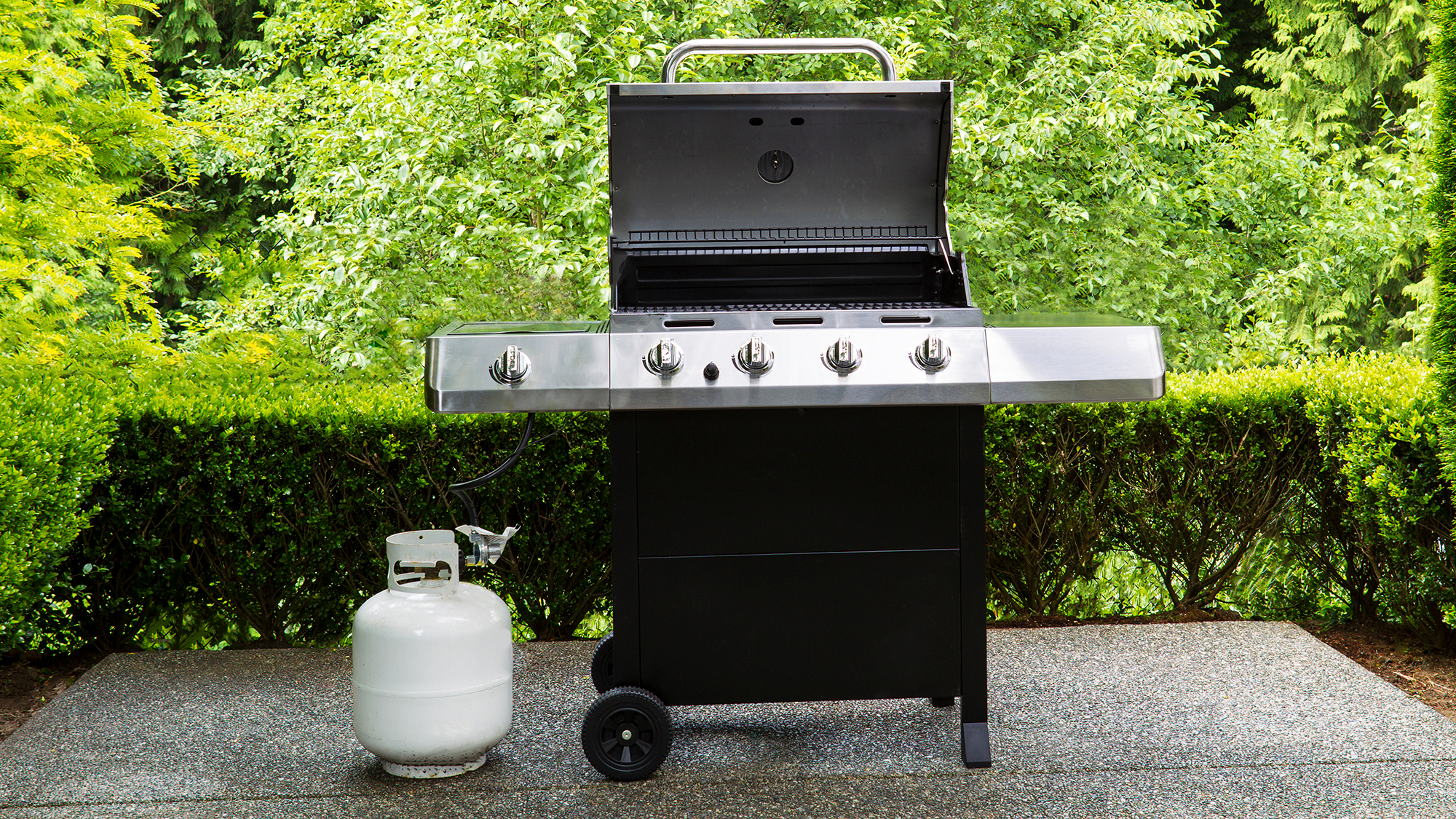
The cost of a gas vs. charcoal grill might be your deciding factor. According to Craig, “Charcoal grills are cheaper upfront but costlier to operate. I spend nearly twice as much annually on charcoal compared to propane, making gas more economical for frequent grillers like myself.”
If you’re working with a limited budget, it might be worth choosing the best gas grill your money can buy rather than taking on the ongoing cost of charcoal fuel.
As Bennett explains, “An inexpensive $100 charcoal grill may be initially cost-effective vs. a $500 gas grill, but the durability of the gas grill may be 5 to 10 years with proper maintenance, whereas the charcoal grill, depending on the thickness of the metal, may need to be replaced multiple times.”
If you like the idea of having a covered storage area for your propane tank, the E-210 is a great option. It offers 450 square inches of cooking space total, with 360 inches of this sitting on the main cooking grid, a good amount of space for a two-burner grill.
Winner: Gas grills are more expensive upfront, but cheaper to maintain over time.
Which should you buy?
At the end of the day, your choice between a gas and charcoal grill will come down to your budget and your preferences. Charcoal grills are cheaper initially and give food a unique smoky flavor, but they take time to heat up, require extra clean-up, and can be more expensive to fuel over time.
Gas grills often cost more initially but are cheaper to fuel. They also heat up faster than charcoal grills and have simpler maintenance requirements.
Charcoal grills are better for those who crave the smoky flavor of traditionally grilled meat and want the rustic experience of cooking over hot coals. Meanwhile, gas grills are better for quick meals and weeknight cooking. The right choice depends on individual priorities.
More from Tom's Guide
- I smoked ribs and brisket on the Weber Searwood — here’s why it’s the perfect smoker for beginners
- Experts recommend using coffee to clean your grill — here's how to do it
- How to make the perfect smash burger on your flat top grill, according to a pro chef

Catherine Hiles has over a decade of experience writing and editing on various topics, including home improvement, personal finance, home finances, pet ownership, and parenting. Her work has been featured on BobVila.com, TIME Stamped, The Penny Hoarder, and more. In her spare time, Catherine enjoys running, reading, spending time with her kids and dogs, and tackling projects around the house.
You must confirm your public display name before commenting
Please logout and then login again, you will then be prompted to enter your display name.
 Club Benefits
Club Benefits





